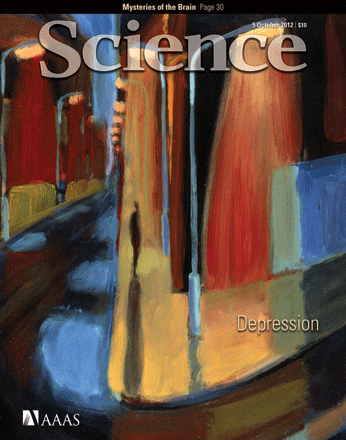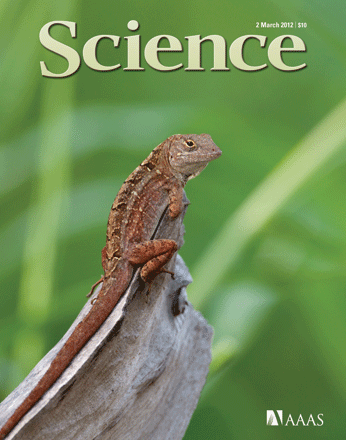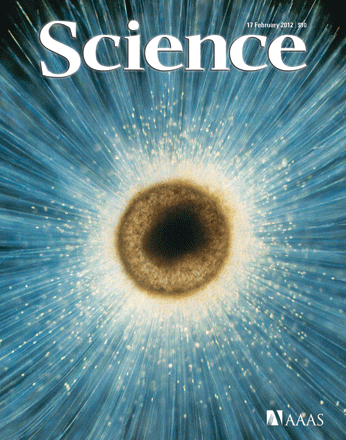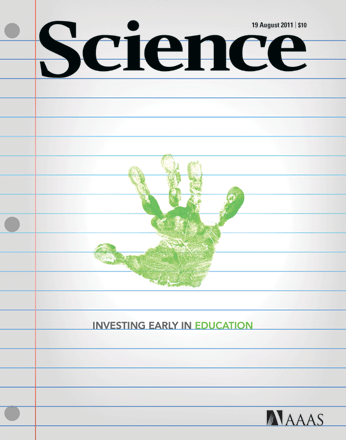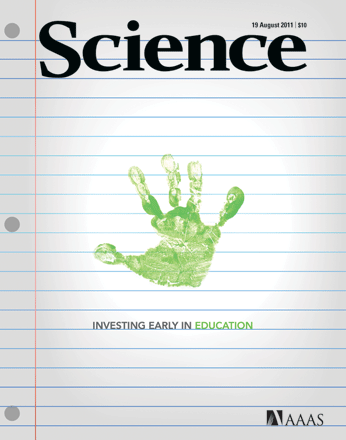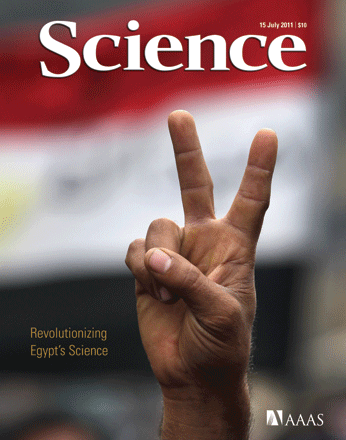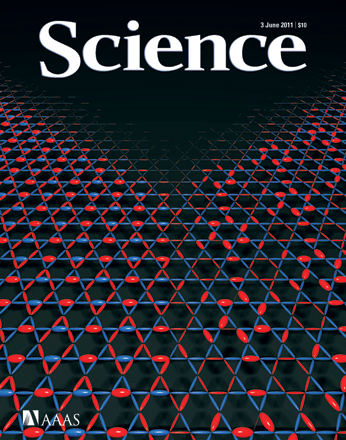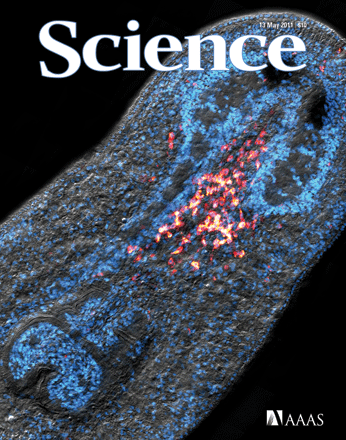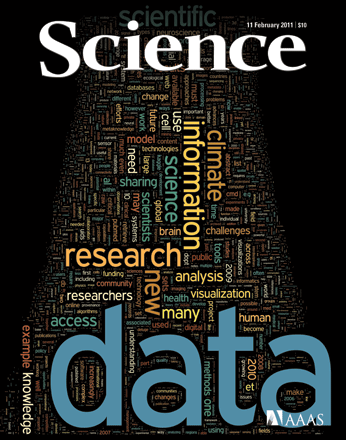Research
Research Results
Science education research that has been published in our pages.
Transforming science learning through student-centered instruction that engages students in a variety of scientific practices is central to national science-teaching reform efforts.
Because of the current high proportion of novice high-school teachers, many students’ mastery of science and mathematics depends on the effectiveness of early-career teachers.
Individual assistant professors (a total of 2966 faculty) hired in science and engineering since 1990 at 14 United States universities were tracked from time of hire to time of departure by using publicly available catalogs and bulletins.
Improving teaching quality is widely recognized as critical to addressing deficiencies in secondary school education.
Science, technology, engineering, and mathematics (STEM) graduate students are often encouraged to maximize their engagement with supervised research and minimize teaching obligations.
Advances in understanding the effects of early education have benefited public policy and developmental science.
Science, technology, engineering, and mathematics instructors have been charged with improving the performance and retention of students from diverse backgrounds.
We compared the amounts of learning achieved using two different instructional approaches under controlled conditions.
Educators rely heavily on learning activities that encourage elaborative studying, whereas activities that require students to practice retrieving and reconstructing knowledge are used less frequently.
Two laboratory and two randomized field experiments tested a psychological intervention designed to improve students’ scores on high-stakes exams.

